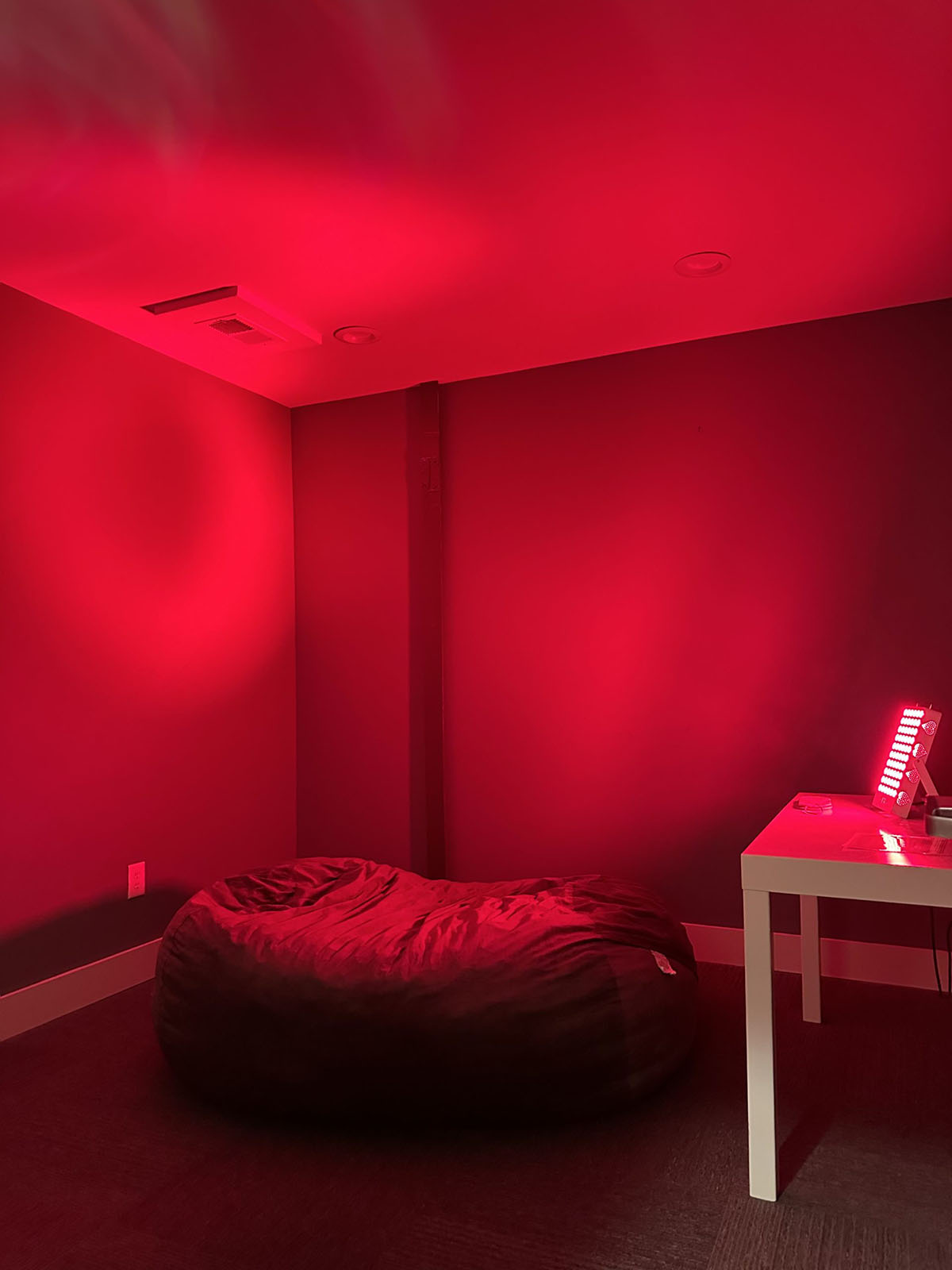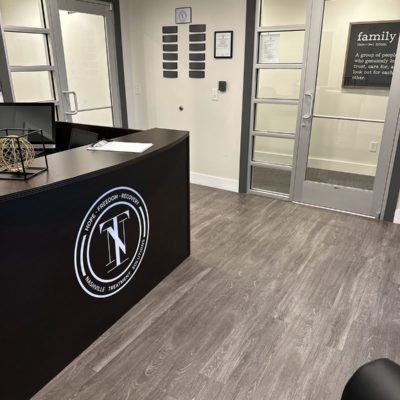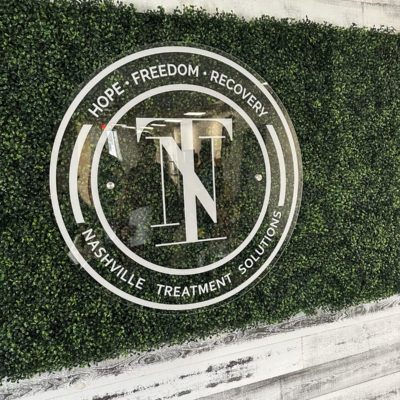For those seeking help with substance use disorder, there are various levels of care available, such as our outpatient rehab in Nashville. Outpatient treatment is a versatile and effective option that allows individuals to address their substance use disorder while maintaining their daily responsibilities. Additionally, outpatient programs provide the necessary therapeutic interventions, peer support, and medical oversight, offering a lifeline to those grappling with addiction.
Outpatient rehab can be particularly beneficial due to its accessibility and flexibility. The National Survey on Drug Use and Health (NSDUH) reports that in 2020, about 2.6 million people received outpatient substance use treatment. Thus, demonstrating the crucial role this level of care plays in the broader landscape of addiction recovery. As we continue to face the challenges of substance abuse, outpatient treatment remains a vital tool in promoting recovery, reducing harm, and rebuilding lives.
You are not alone. You deserve to get help.
Nashville Treatment Solutions is an industry leader in addiction treatment. Our team of top medical experts specialize in dual diagnosis treatment and are committed to ensuring that each patient is treated as an individual. Call us today, we’re available 24/7.
What is an Outpatient Rehab?
Outpatient rehab is a form of substance abuse and mental health treatment in which individuals participate in a structured treatment program while continuing to live at home and maintain their regular responsibilities, such as work, school, or caring for their family. It is often recommended for individuals with a strong support network at home, who are highly motivated to recover, and who have a relatively stable and safe living environment.
How Our Outpatient Rehab in Nashville, TN Works
At Nashville Treatment Solutions, we’ve developed a patient-centered approach to outpatient rehab. It all starts with a comprehensive assessment where our professional staff evaluate the patient’s physical health, psychological wellbeing, and addiction history. This information allows us to create a personalized treatment plan to fit the unique needs and recovery goals of every individual. With outpatient being our lowest level of care, we also offer other more intensive-types of outpatient care that include the following:
What's the difference?
Inpatient vs Outpatient Rehab
The two primary forms of drug and alcohol rehab are inpatient and outpatient. Inpatient rehab requires individuals to stay at a facility for the duration of their treatment. This level provides a structured environment that’s completely focused on recovery. Here, clients are typically monitored 24 hours a day and medical staff is onsite. Clients may not be allowed to have cell phones, laptops, and here, clients are completely separated from their substance of choice.
On the other hand, outpatient rehab allows individuals to maintain their day-to-day activities, such as work, school, or family responsibilities while participating in treatment. This level of flexibility is particularly beneficial for those who cannot take an extended leave from their daily life but are still committed to recovery and may already have a stable environment.
Benefits of Our Nashville Outpatient Rehab
There are numerous benefits to participating in our outpatient program. Firstly, the flexibility of outpatient care allows patients to integrate the lessons learned during therapy into their daily lives immediately. This immediate application can improve the transition and increase the skills needed for maintaining sobriety long-term.
Outpatient care also presents a more affordable option compared to inpatient treatment, making it more accessible to a wider range of individuals. Moreover, patients are able to maintain a presence with their families and in their workplaces, which can offer significant emotional support and reduce the disruption often associated with rehab.
How Long Does Outpatient Rehab Last?
The duration of outpatient rehab can vary based on the individual’s unique needs and progress. Typically, our programs last from one to three months. However, it’s important to note that addiction recovery is a long-term process, and patients may opt to extend their treatment or transition to a less intensive form of continuing care as necessary.
What Happens After I Complete Outpatient Rehab?
Once outpatient rehab is completed, Nashville Treatment Solutions doesn’t leave you to navigate the complexities of post-recovery life alone. We work closely with each patient to develop an aftercare plan that supports sustained recovery. This might include ongoing therapy, joining support groups, wellness strategies, and leveraging resources to maintain a healthy, sober lifestyle.
Find Outpatient Rehab in Nashville, Tennessee Now!
Whatever led you to your addiction, Nashville Treatment Solutions is here to help you find your way out. At Nashville Treatment Solutions, we understand how difficult it can be to reach out for professional help. Committing to sobriety takes an extreme amount of courage and strength. Your journey towards recovery can start today. Our dedicated team is ready to provide you with the necessary support, skills, and resources.












